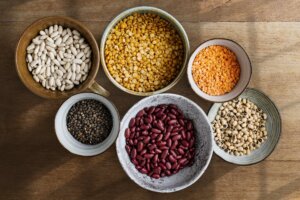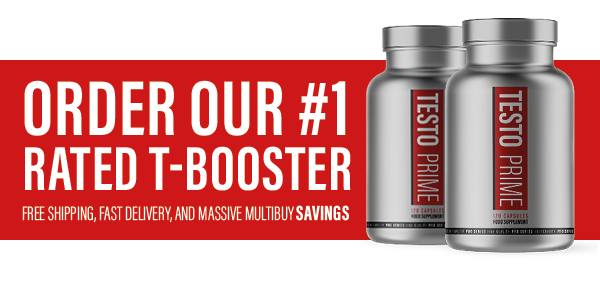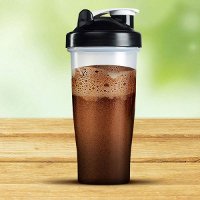You might already have a clear idea about what’s important for your diet and be taking all the added supplements you need – but there are always those extra additions that can add huge value you might’ve missed. Even with enough hydration, healthy fats, fruit, leafy greens and meat, you might still be lacking the benefits of some of the most powerful nutrient dense foods available – seeds. Seeds come from most plants, being the method plants use to germinate and grow.
Indeed, as they are also fuel baby plants, they contain a huge amount of nutrients to provide them everything they need to grow. Plant seeds offer you a significant nutritional profile of benefits for meeting your daily vitamin and mineral needs, like a natural multivitamin! In addition to leafy greens, they’re some of the best things you can possibly eat. Other plant products like almonds, soy, whole grains, beans, and herbs are also a great way to boost your wellness, containing huge amounts of micronutrients and fibre for the gut.
Top 4 Plant Products You Need in Your Diet
So exactly are the top 4 plant products you can consume or add into your diet for a significant boost in your health? Let’s dive into it:
1. Whole Grains
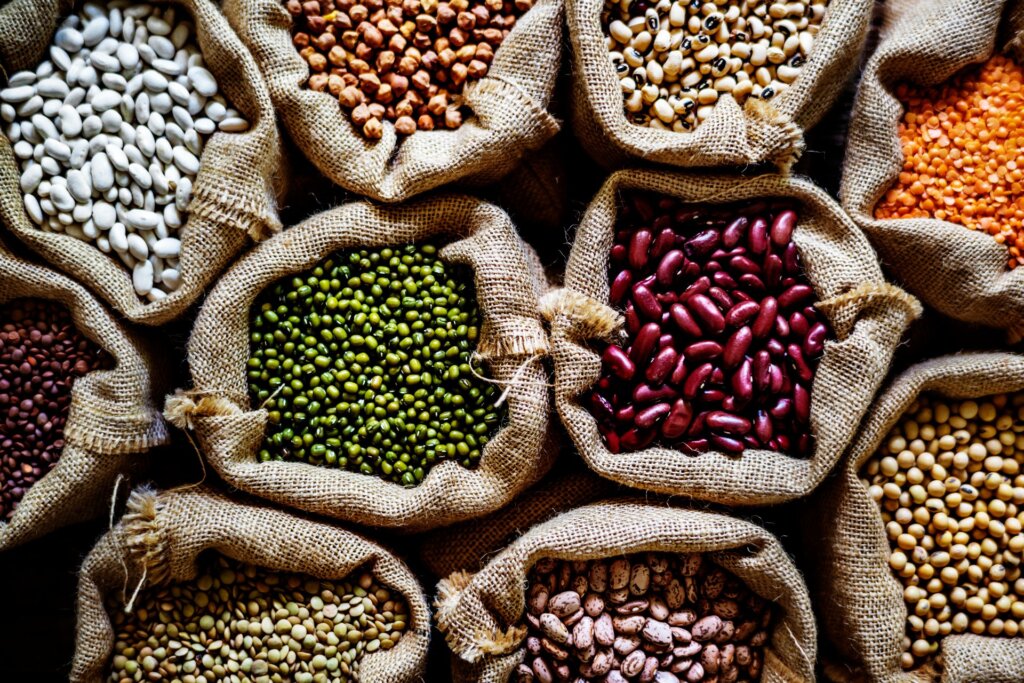
Whole Grains. (rawpixel)
Whole grains can be grains of any cereals such as brown rice, most oats, buckwheat, quinoa, millet, barley, rice, sorghum, wheat, rye, or whole wheat. They contain a variety of healthy fats, minerals, vitamins, and fibres that are good for heart health and overall wellness. The name “Whole Grains” is suggested for the food products which are eaten in their complete or whole forms – i.e., with the meal or shell of the gain – as part of your healthy diet.
Characteristics
- Whole grains are a fully-fledged package of a variety of nutrients, magnesium, selenium, vitamin B, minerals, folate, healthy fats and dietary fibres, iron, and potassium.
- Whole grains are the food products that are taken in their whole forms – 90% of the nutrients in grains are in the shell which, when left on instead of removed in the refinement process, retains huge nutrient content.
Benefits
- Dietary fibres present in the whole grains improve your gut health.
- Whole grains lower the risk of heart diseases by reducing blood pressure and cholesterol level particularly through high fibre products like oats.
- Whole grains are also a great dietary treatment for mitigating the effects of diabetes and managing insulin due to being low GI.
2. Seeds
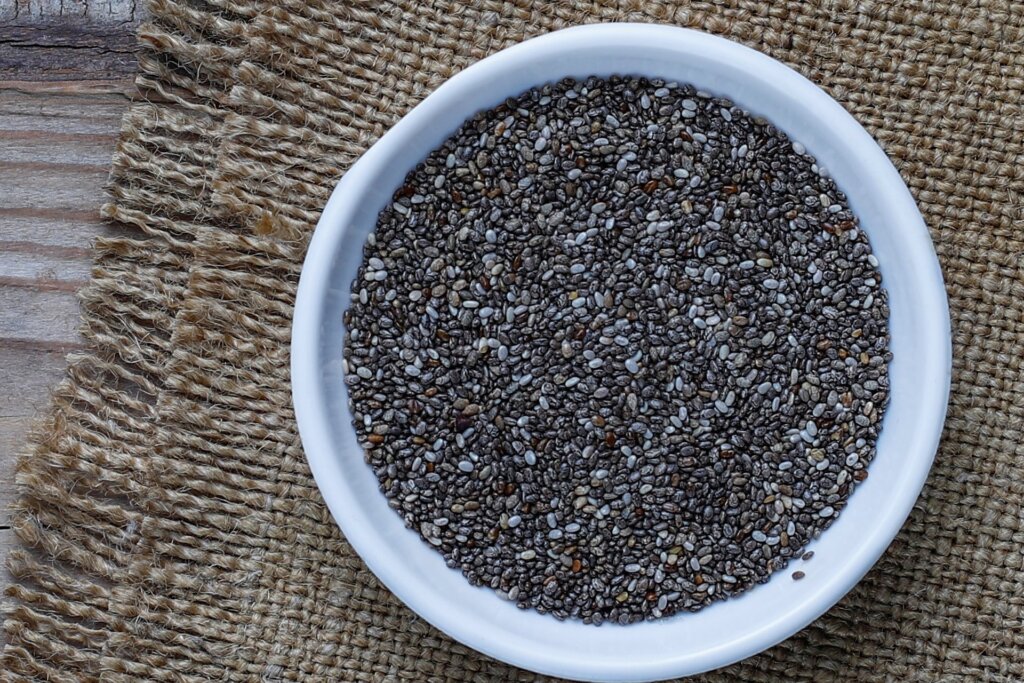
Various seeds: sesame, flax seeds, pumpkin seed, poppy, chia. (azerbaijan_stockers)
Seeds are the underrated, overlooked powerhouse of nutrition. A huge variety of types and forms of seeds exist. Everything from chia, flax, pumpkin to hemp and more. Most seeds are a superfood product that are a perfect nutritional punch for health-conscious food lovers. Take a look at hemp seeds for example – these are one of the nutritional outputs of the hemp plant, often also called ‘hemp hearts’ that are used to produce a variety of significant food products such as hemp oil, hemp cheese, hemp milk, hemp protein powder, etc – but can also just be consumed standalone. They have a milder nutty taste that makes them a delicious choice for foodies looking to incorporate seeds in their routine diet and boost their wellness. You can add them to the food variety like snack bars, cereals, shakes, or pancakes to enhance their flavor according to your own choice. They can even be pressed into oil for easier consumption – like hemp oil or flax seed oil. If you desire to eat them raw, you can add them to milk and can make a cup of tea for yourselves. Let’s take a look at why these pack so much nutrition in a small volume of food –
Amino Acids
Hemp seeds have all the 21 essential amino acids. 8 out of them that are essential and well-known, as well as in high levels in hemp seeds are listed below:
- Leucine,
- Arginine,
- Taurine,
- Histidine (essential for children only),
- Threonine,
- Phenylalanine,
- Lysine,
- Methionine.
Fatty Acids
- Omega-3,
- Omega-6.
Both fatty acids’ sources are good for healthy and shiny skin. They are also great for helping you maintain a strong immune system. They improve the appearance of your hair, skin, and nails.
Protein
- Edestin,
- Albumin.
These are both key essential amino acids, helping build muscle and promoting healthy hormone production. The variety of amino acids and protein found in hemp seeds composes almost 30% of each hemp heart. Hemp seeds are a great vegan source of digestible proteins that help your immune system fire at its fullest – and this is just one example of the many edible plant seeds available you can use to spruce your diet up!
A few other key points –
- The protein that is produced through hemp seeds is highly digestible and can help support hormone function.
- Seeds like hemp seed typically have a mild flavour so you can use them in any dessert of your choice.
- They are enriched in amino acids, gamma linoleic acid, fatty acids, minerals, and protein which makes them a great choice and nutritional heavy weight
Benefits
- Seeds like those from pumpkin or hemp may also help balance blood pressure that can help reduce the risks of heart diseases and inflammation levels.
The fatty acid content of seeds also improves the health of skin by helping the healthy function of sebaceous glands and oil.
3. Almonds
Almonds are one of the plant-based foods that are a treasure of nutrients and potential health benefits for boosting your overall wellbeing. They contain a bunch of nutrients like vitamin B6, thiamine, calcium, folate, vitamin E, and riboflavin. You can mix these fiber-rich nuts with seeds a spread (you’ll need to blend them) to create a smooth, crunchy, and nutty texture paste which can do wonders for your gut health. It is a perfect combo for you if you want a health hit either in a hot meal or in your smoothies, sandwiches, or toast. Almonds are a rich source of fats and protein, which help support the heart.
Characteristics
- Almonds are high in vitamin B6 and E. These vitamins enhance skin and eyes health. They’re also really high in Zinc which promotes mood and energy.
- They have healthful fats, fibers, carbohydrates, and protein to provide you the opportunity to get a wealth of nutrients in just one plant product.
Benefits
- Almonds raise HDL (health!) cholesterol levels, lower the pressure of the blood, and reduce triglycerides to keep your heart in a healthy condition.
- Almonds are good for improving your gut health because they enhance the effect of bacteria in your colon and microbiome in your gut.
- They may also help you manage your body weight and boost your bone health.
4. Soy
If you love following a vegetarian diet, soy might just be the perfect food choice for you. It is a perfect alternative for you as a vegan foodie if you want to replace meat. Soybeans or soy are enriched with protein. You can also say that ‘Soy’ is another name for ‘Protein’ which means that soybeans are rich in all essential amino acids. Soy is high in calcium, magnesium, phosphorus, thiamine, folate, potassium, and iron.
They have many potential health benefits because of the healthy nutritional ingredients in them and also because they are low in saturated fat levels, unlike meat which can add cholesterol and heart health risk. You can make a veggie burger and add soybeans in a patty form to increase your physical health as well as muscle development through its protein content.
Characteristics
- Soybeans are very high in protein but are low in saturated fat – one of the highest protein levels of any plant food.
- Soy has all the essential 21 amino acids, making the protein high quality while also delivering nutrients and fibre.
Benefits
- Soybeans and soy products can help you to manage obesity, body weight, and gut problems posed by meat.
- Soybeans reduce the risk of cholesterol in the arteries and inflammation that can come from meat consumption.
- The minerals in soy are a great organic remedy to help mitigate osteoporosis naturally.
Conclusion
Plant products are absolute powerhouses of flavour, health, wellness and nutrition. They can also be consumed liberally, having minimal downsides and low caloric content, while being heavy hitters in the nutrition department. From seeds, to almonds, beans, soy, avocados and herbs, you’re sure to find at least one type of non-meat-based food source that you can add to your diet and begin benefitting from. Not only will they boost your wellness and longevity, but they will help you jazz up your recipes in the kitchen, adding taste and texture in ways you might not have considered. Next time you have a bite – reach for one of these 4 amazing plant foods.

